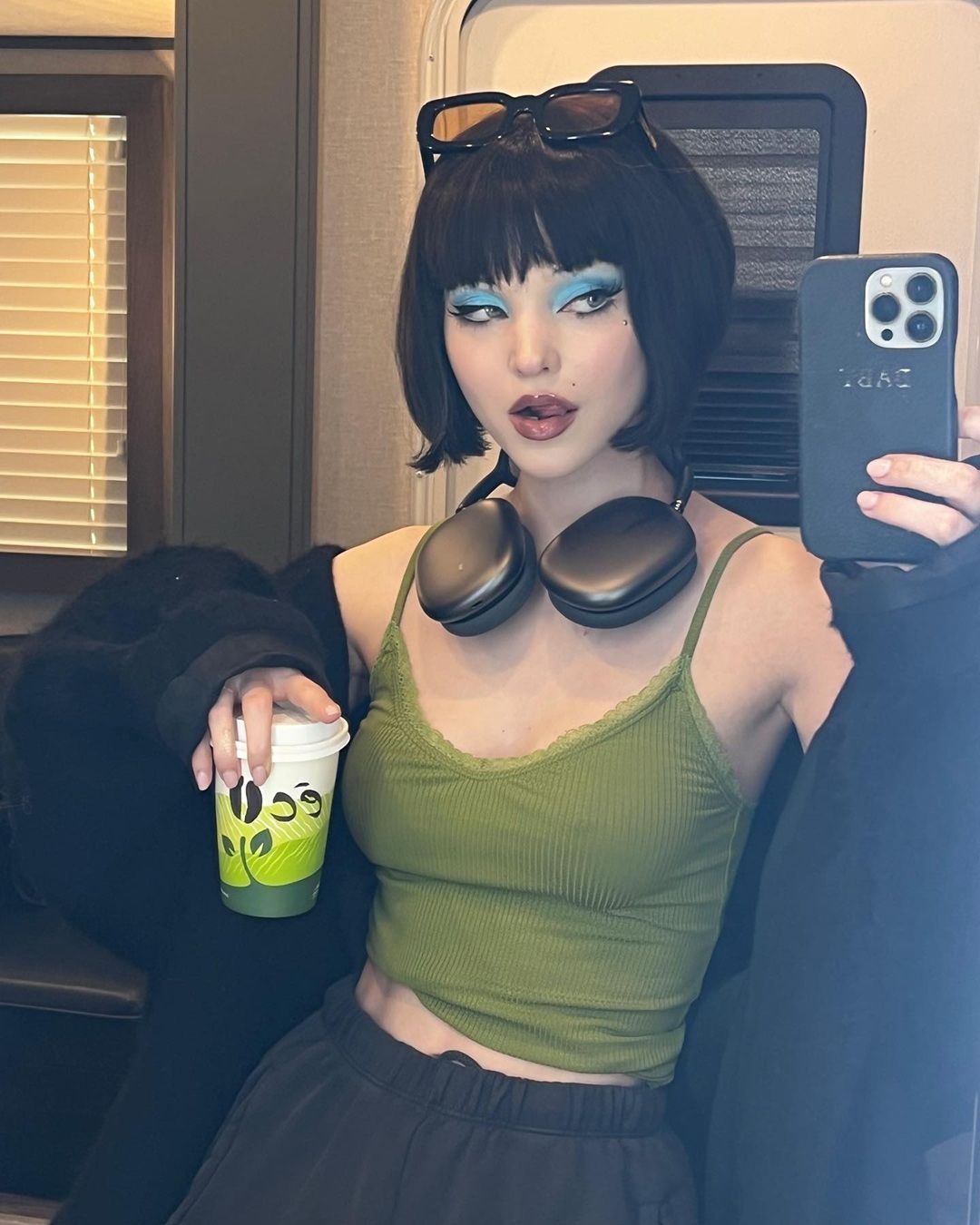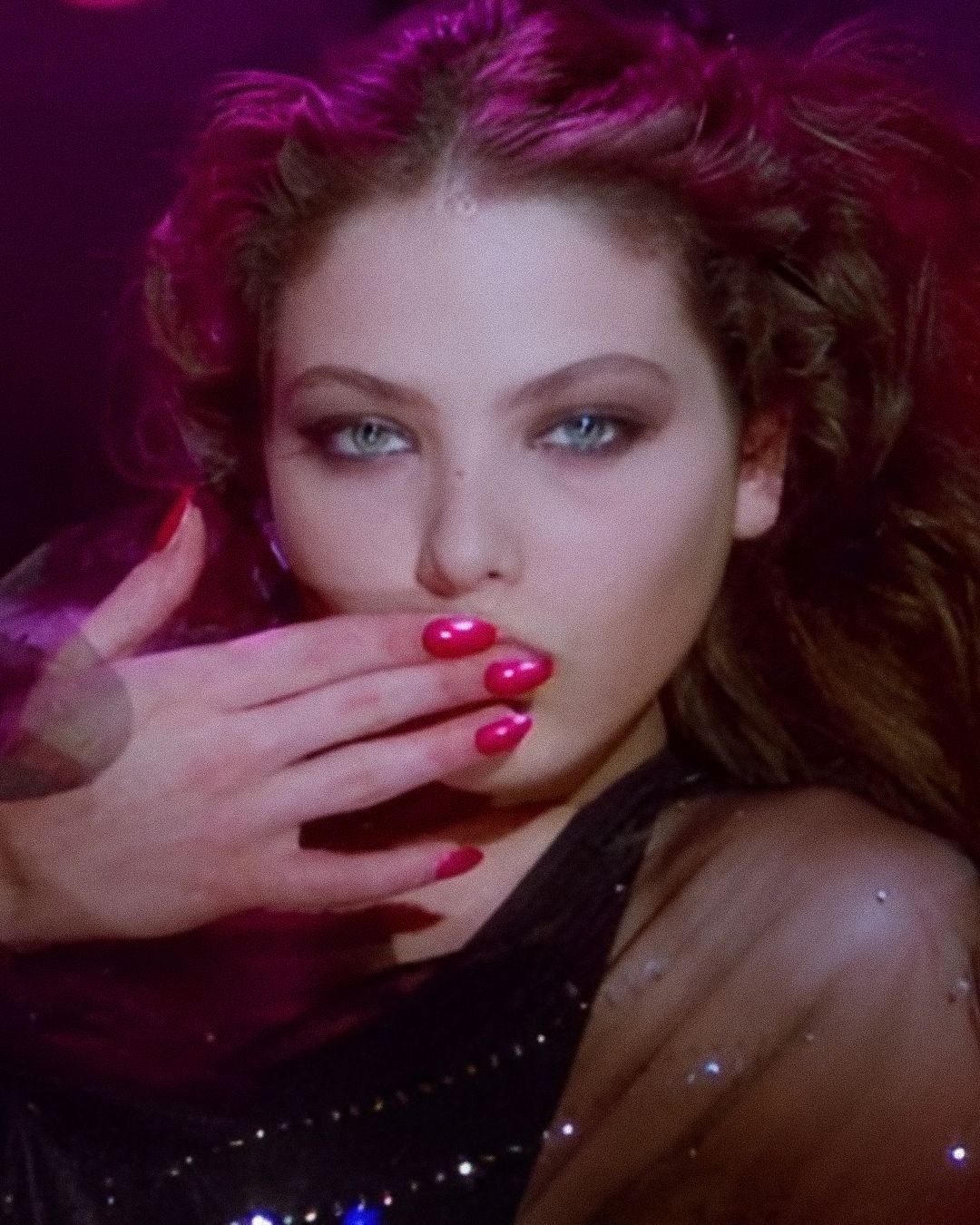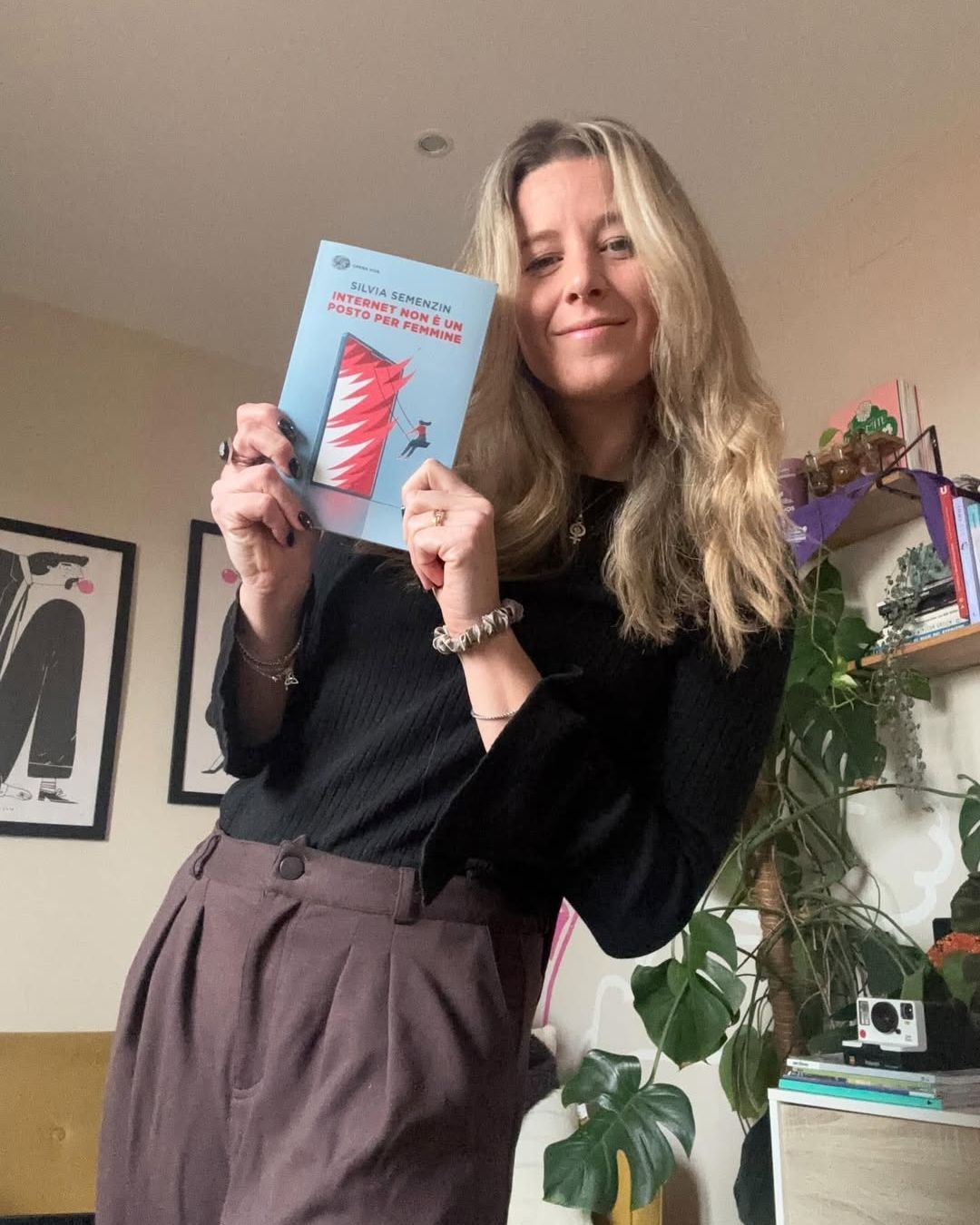
Does telling our whole life story on social media still make sense? Perhaps it is no longer worth it, especially if it is done in pursuit of virality
Until a few years ago, I despised anyone who said, wrote, or put in songs phrases against the abuse of social media and smartphones. It seemed to me like an attitude of old conservatives, a foolish way to pick on young people, to underestimate them, to take them for fools, to feel superior. Despite their various and numerous flaws, social media seemed to me like an opportunity for powerful exchange, all to be exploited for the better. Then came TikTok, the morbid pursuit of virality at all costs to become rich and famous, the definitive loss of any concept of private and public, the apology videos, the problem of mommy bloggers and disease micro-influencers, the pandemic that locked us at home, with the internet as the only window to the outside world, with all its mechanisms and neuroses. My view of social media gradually faded more and more, and I began to use them more consciously, or at least I tried to. Along with mine, public opinion also became more critical. And it's no longer about a war between generations, but something else.
The Social Media Economy
What's the problem with sharing your life on Instagram, TikTok, or any other social network? Virtually none. Human beings love telling and retelling stories, showing what they see, what they do, what they think, what they hate, and what they love, what they eat. Since cave paintings, practically, people have communicated outward, sharing their experiences with their peers. Many of the formats we consume every day on platforms, from Get Ready With Me to What I Eat In a Day, were born precisely from this impulse. The issue becomes more complicated when this sharing happens for economic reasons, present or hoped for and future. Becoming an influencer, going viral, earning by posting content on social media has become the new American dream. Platforms are one part success race, huge marketplaces on the other. If everyone is trying to sell us something - whether it's an idea of oneself to see if it's monetizable, a lipstick, a car, a hair color, a luxury experience, and everything in between - then why not just blast ourselves with 8 hours of commercials a day? It's all the same. And if we're not being advertised to, then we're the ones selling. It's the attention economy, baby, even our gaze and our hatred are monetizable. Escaping is complex, and no one is immune.
@katietthatsme 2024 is the year we cancel mommy bloggers. #mommyblogger #momsoftiktok #toddlersoftiktok original sound - Katie
Social Media Alter Our View of the World
As if that weren't enough, social media have completely altered the way we see the world and the world itself. What are we saying when we define something as instagrammable? Museums, bars, bistros, and restaurants, all seek this intangible and undefinable quality to make themselves more appealing and, why not, to gain free advertising, one Instagram story at a time. How does the potential photographability of an event or experience drive us to do it more happily because we can then make stories? Or, put another way: are we doing what we do because we want to or because it would look really good on our feed? Someone understood this 12 years ago. Nathan Jurgenson, in an article for The Atlantic written in 2012, talked about the "Facebook eye," which he described as "the phenomenon whereby our brains are constantly looking to identify the moment or experience that would be best suited as a Facebook post, one that would attract the most comments and likes." And we've had all the time to move beyond.
@turkiye.explore Most instagrammable places in Cappadocia by @Nadin Goenko!
Virality Doesn't Change Life Anymore
To these general considerations, which are always valid, is added the particular socio-economic situation. Finding a job is increasingly difficult, the prospect of becoming "social media famous" has never been so far and close at the same time. Close because any video can explode on TikTok, giving us our 15 minutes of fame. Far because the situation is saturated, even very saturated, the competition and the amount of content blasted into the ether per second are impossible to dominate. From the explosion of a video to a career there's a long way, and in any case, earning on social media is becoming more and more complex. We're no longer in the times of Ellen Degeneres, who hosted every Twitter micromeme on her talk show, getting them brand deals and whatnot. In short, what if chasing this much-desired thing turned out, in the end, to be absolutely useless? If it wasn't worth it? Living while looking at the world through Instagram (or its equivalent) is really more desirable than seeking a real job?

























































